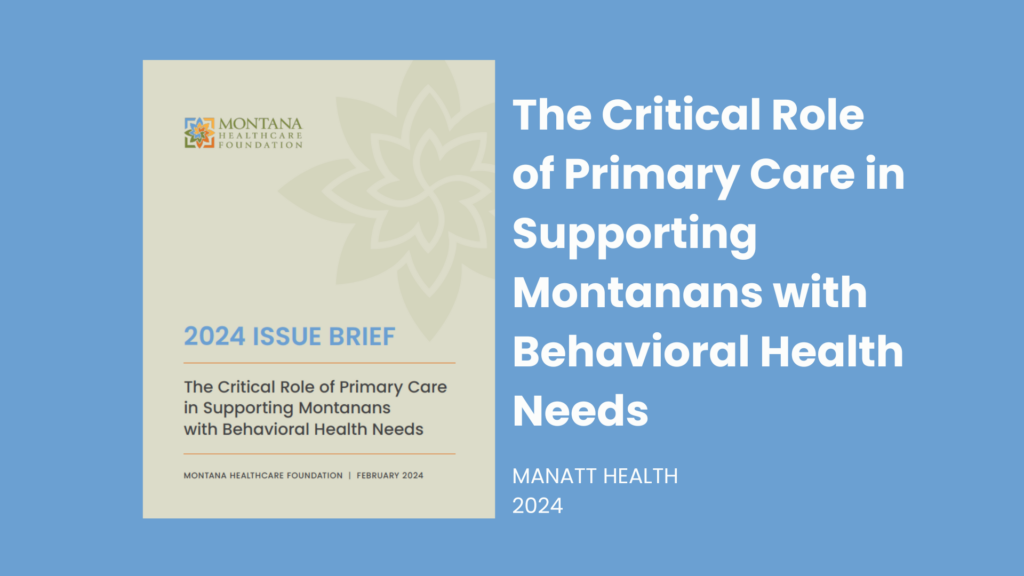
We provide in-depth information on critical health issues and timely analysis of proposed policy solutions so Montanans can reach informed decisions on health system issues that may impact them.
State and federal health policy profoundly impacts the health and well-being of Montanans. Unfortunately, health policies are complex, the timing of the policy process is unpredictable, and the political rhetoric around health care can be divisive. Good health policy decisions depend on access to high-quality, timely, and easy-to-understand information, which is often hard to find. In this initiative, we use three basic strategies:
- Policy Analysis: We work with state and national experts to analyze key health care policy proposals and provide high-quality, non-partisan information to the public and policy-makers throughout our state.
- Supporting Health Policy Organizations: We provide operating support for a few organizations with a strong track record of effective work on policies that benefit Montanan’s health.
- Planning and Adaptation: We help state and tribal health agencies find strategies to adapt and maximize the benefits of critical state and federal policy changes.
We are committed to using our resources and expertise to provide the best information to inform health policy decisions and contribute to a measurably healthier state.
Visit our library of resources with reports on Medicaid expansion, health coverage, and reinsurance.
Read the latest news on our reports, including press releases, opinion articles, and analyses.
Read our 2022 Annual Report for more highlights!
Medicaid and Health Policy Reports
Reports prior to 2020 can be found on our Resource page.
Contact
If you have a question about this initiative,
please email our program team.





